Slow Knowing Deep Learning
for Health-Justice
Lesson 3: Neoliberalism
Live zoom session https://us02web.zoom.us/j/86419703983
Meeting ID: 864 1970 3983 Passcode: 113544
Activity One
What Is Neoliberalism?
In case you’re not familiar with the concept of neoliberalism, this video is a memorable way in.
There’s two labels, on which text isn’t very clear. It reads ‘wealth’ on the top label and ‘poverty’ at the bottom. Listen out for things (eg on gender perhaps?) to disagree with!
Activity Two
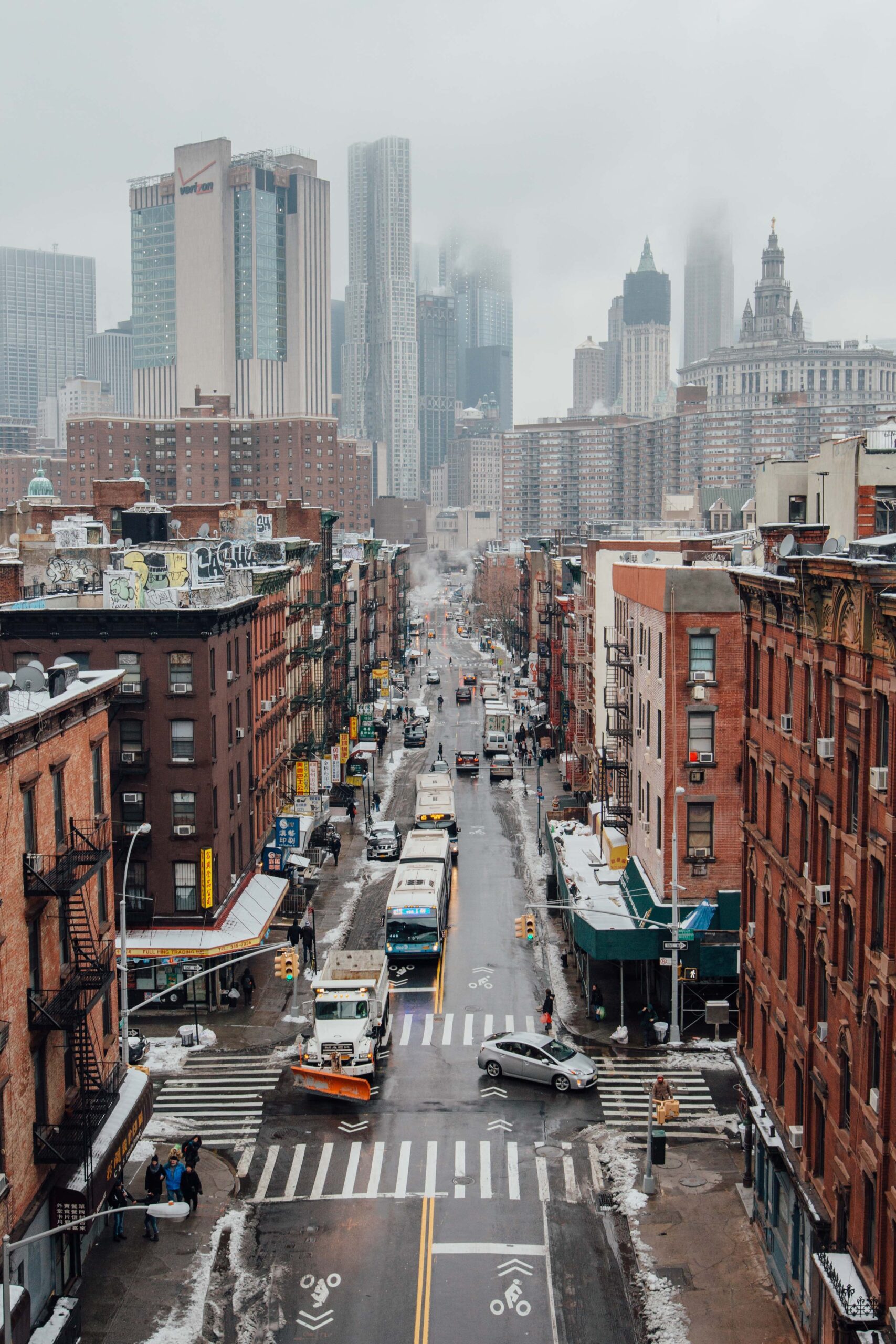
Neoliberalism Then and Now
This article gives a bit of background to the rise of neoliberalism. It also puts words to some of the moral issues raised by neoliberal policies that have been highlighted during Covid.
Little changes are the enemies of great changes.
–Bertolt Brecht
Those against politics are in favor of the politics inflicted upon them.
–Bertolt Brecht
Activity Three
Slow Violence
The violence enacted by neoliberalism can be as stark as someone not being able to a afford medical care or medication, or dying in a workplace accident because there are no safety policies.
The violence can also be less obvious, lived out as a grinding exhaustion and a creeping sense of alienation.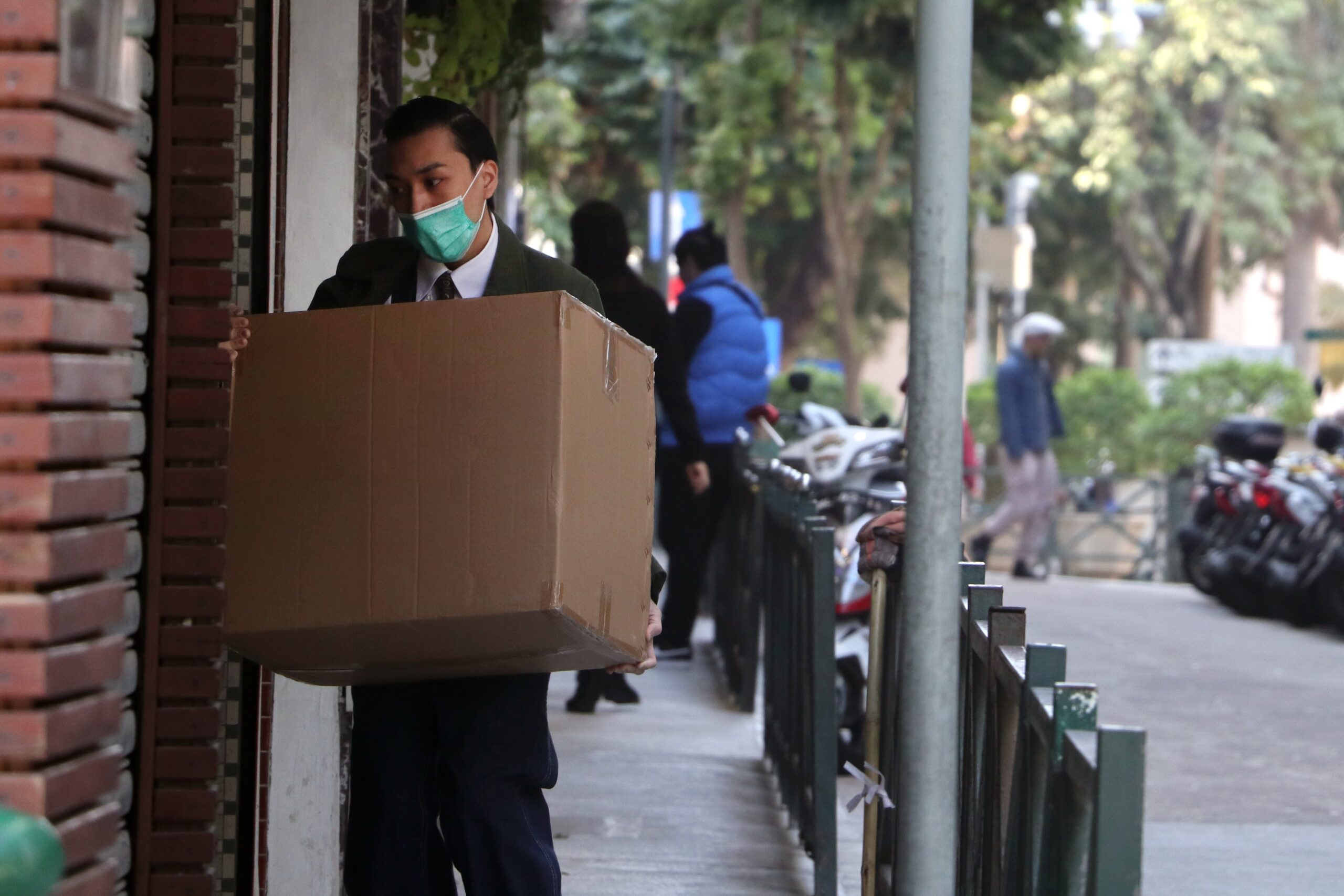
It has been referred to as slow violence. In social theory this is often referred to/ connected with structural violence.
The article is an eloquent and timely portrayal of neoliberalism in Covid that uses the framing of slow violence.
It is important that our discussions use ways of thinking that develop an interconnected awareness. This second article brings a broader focus that centres climate justice.
Activity Four
How Can We Respond? Part 1
How does it feel reading about neoliberalism? Perhaps the articles resonate with experiences from your personal life or remind you of stories from your family folk lore. Maybe they remind you of a client?
Whether you are getting to grips with the ravage of neoliberalism for the first time, or confronted with themes you are already familiar with, the arguments made are compelling and disturbing. The information is especially salutary to us as healthcare practitioners. What on earth can we do?
The suggestion for this activity is that you set aside 5 minutes to figure out your embodied response. In the first instance this might mean writing a list of emotions. Perhaps particular sentences or questions also spring to mind, it can be helpful to note these too.
As well as these responses that you are conscious of having, there will also be unconscious responses. These register in the body as sensations or vague shifts in state.
When we are confronted with oppression or other things that are intense or challenging for any reason, we have a response. Getting into the habit of noticing and naming these responses can help us with deep learning. This is because deep learning is an embodied change. Sure, ‘facts’ and intellect have a role to play. But the learning adjustment that helps us live congruently with our values can’t happen if our bodies are closed to change.
I find having a vocabulary to turn to helps me identify what’s going on. In case that holds for you too, here’s a list of body sensations for naming subtle, micro level sensations. You’ll find plenty more by searching the net.

Activity Five
How Can We Respond? Part II
How does neoliberalism show up in your professional life? Think about everyday rhetoric in your profession/industry, more specific examples from your working life eg. department, team, peer community.
 You might spot neoliberalism in language, in the choice of models used and left out, in the type of research drawn upon.
You might spot neoliberalism in language, in the choice of models used and left out, in the type of research drawn upon.
Also have a think about how the silences are kept. What are the questions that need to be asked – that get censored before they even form? How do you learn it’s not ok to ask certain questions? This might be from experience or imagination e.g. assurances of action followed by nothing, ridicule, being told something is policy as if policy is beyond critique etc.
Are there any topics that seem relevant to your work that are constructed as off-limits? How does this exclusion happen?
How do the norms upheld by good people quash deep change?
Ok. Now you’ve got a sense of what keeps neoliberalism in place it is time to revolt!
Imagine you’re offering an internship programme for student in your profession.
Students have been taught a pretty standard model of public health. How will you support them to open to knowing things differently?
If you have had any aha moments through the course so far, what happened? Is there something useful there you could share with your student?
How do we nurture ethically resilient students?
There’s some ideas from service learning here.
I’ll invite you to share ideas in the live zoom. (I cant’ wait to hear what you come up with!)
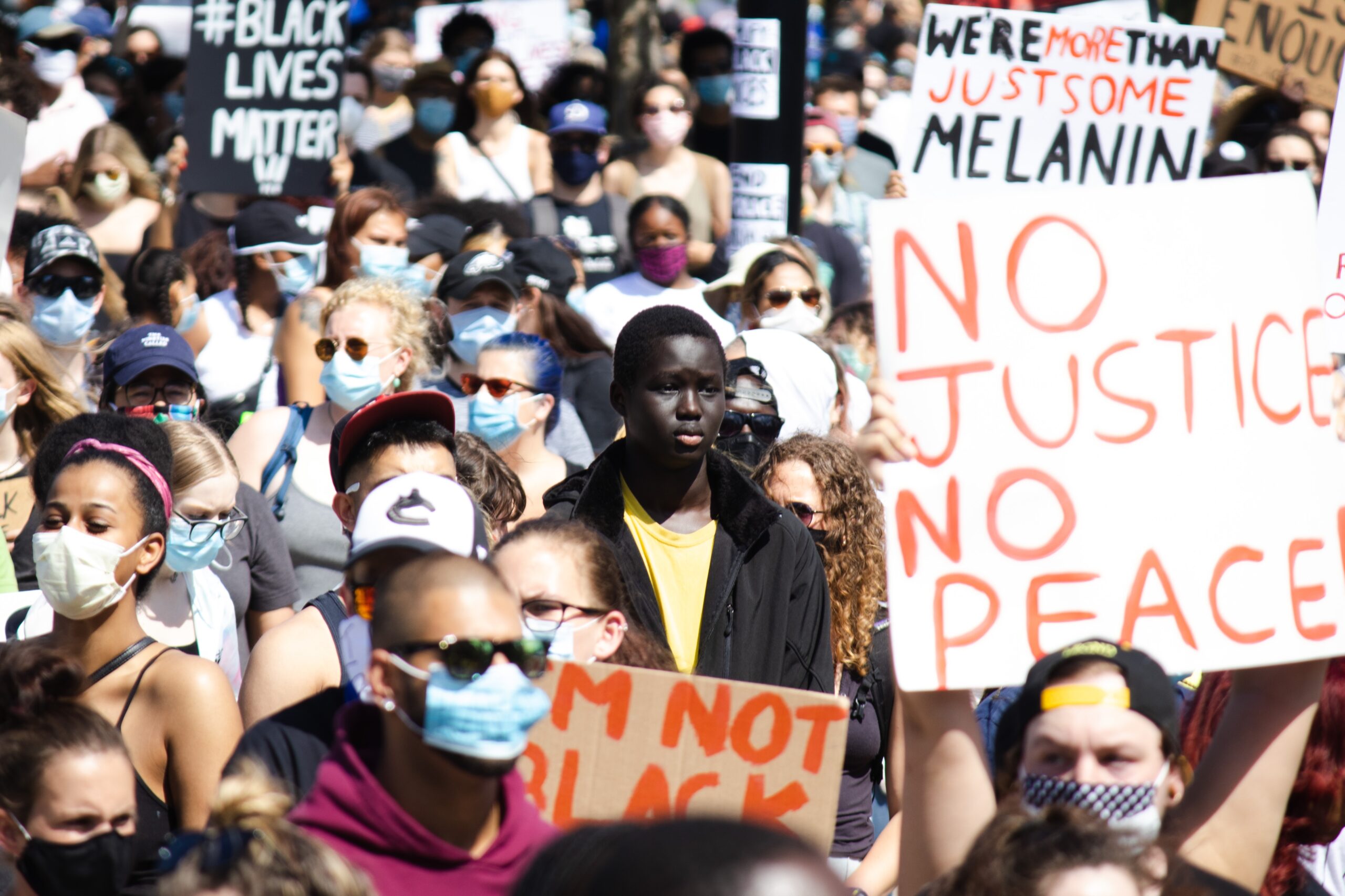
Activity Six
The Politics of Trauma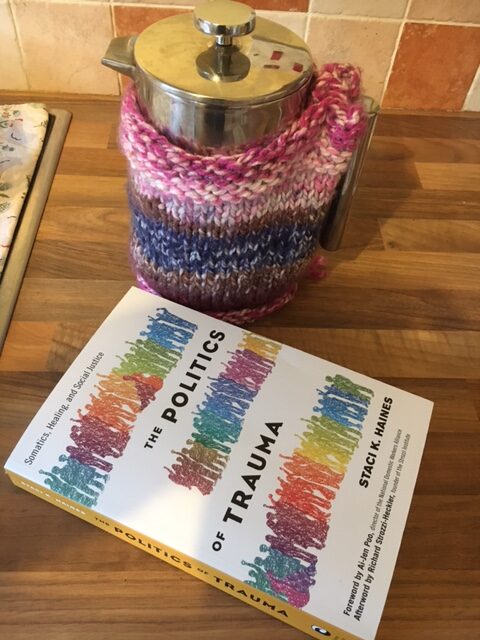
In her book The Politics of Trauma, Staci Haines explains her theory of generative somatics.
This work is organised around the core perspective that healing from personal trauma and working for social change are inter-connected. She brings a social analysis that is more often left out of the trauma and healing literature.
Figuring out what’s going on for us through the body’s register is a key practice in catalysing this deep personal/collective change. Hence the question on body sensations above.
The Politics of Trauma is a very accessible read that – no surprises – ticks the boxes across personal learning, 1:1 and group client work, and effective activism!
Activity Seven
Further Reading
Guardian article: Neoliberalism, the idea that changed the world.
Fuck Neoliberalism – an excellent pamphlet, only £1 and well worth it for the hard copy!
Writing as activism – an interview with Rob Nixon (author of slow violence and climate justice interviewed above)
How can respond – to global food insecurity
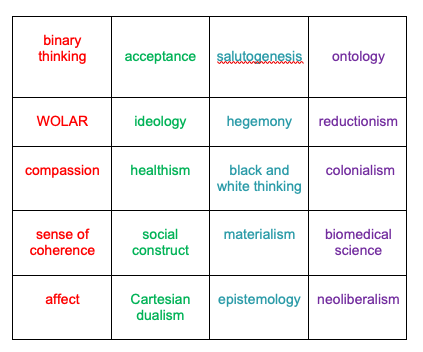
- A way of thinking that relies on having two paired opposites of unequal value eg. fat/thin; gay/straight; fit/unfit. It fosters judgment and stereotype. Difference is used for comparison of worth rather than being celebrated and valued. Thinking in this way constructs absolutes and certainties. There is no scope for a middle ground or maybes or queering the pitch.
- another term for (1)
- another term for (1)
- A perspective where only the physical realm is recognised as real.
- A term that describes a feeling or sensation that can be hard to pin down and put into words or even identity for ourselves.
- This is defined as “a global orientation that expresses the extent to which one has a pervasive, enduring though dynamic feeling of confidence that (1) the stimuli deriving from one’s internal and external environments in the course of living are structured, predictable and explicable; (2) the resources are available to one to meet the demands posed by the stimuli; and (3) these demands are challenges, worthy of investment and engagement.’ (Antonovsky, 1987)
- The theory of knowledge. It influences what methods and beliefs are seen as valid.
- A stance of openness to what is that declines judgement.
- A type of scientific method and attitude used to build construct concepts/build knowledge of health and disease, located in a Western value and belief system.
- Kindness that emerges from a stance of warmth and understanding.
- An approach to population health that seeks to understand the causes of wellbeing.
- This describes the fact that living in society shapes things like emotions and ideas.
- A recognisable system of ideas and ideals.
- A way of making sense of reality by separating an event or item into constituent parts and studying these in isolation from each other.
- The study of the nature of reality.
- A practice where European nations assumed control over other countries through warfare and genocide and deliberate destruction of land and culture.
- An ideology that understands health as a property of individuals and a function of ‘lifestyle choice’. and that highly prizes personal wellbeing.
- You are this.
- An ideology that endorses personal responsibility and seeks to reduce state involvement in social welfare as the best way to promote human flourishing. It is based on belief in the principle of free markets.
- a ‘generalized mode of understanding which accepts the existing social order as natural and not subject to meaningful challenge’ (Gramsci)
Activity Eight
Creating a Sense of Spaciousness
There’s no level of acceptance, comfort, or understanding you ‘should’ be at with any of this.
That’s not the same as absolving ourselves of accountability: it’s about removing judgement.
Dropping the ‘should’ and blame frees us to examine our position. We are more able to become aware of any unconscious thoughts or habits that diverge from our values. Non-judgement promotes accountability and enables change.
What’s important is that you can be present with ideas and feelings.
If you can get some downtime (see helpful cat image) or time in the wild that’s great.

See you soon ~ 
